Russia: Kellner’s promised land – and soil
- CzechPosition.com
- 29 July 2011
PPF entry into Russian farming via Rav Agro-Pro acquisition affirms Czech billionaire Petr Kellner’s confidence in his position there

PPF entry into Russian farming via Rav Agro-Pro acquisition affirms Czech billionaire Petr Kellner’s confidence in his position there
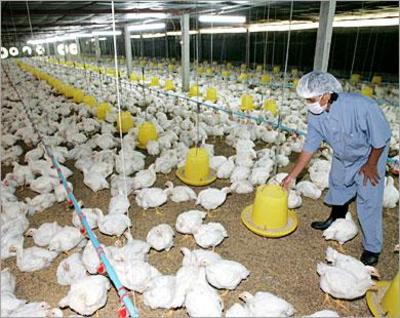
Under the National Food Security Program, Qatari companies would produce five basic food items -- white and red meat, rice, sugar and grains (including wheat) -- in countries like Sudan, India, Australia, Argentina, Turkey and Brazil, among others.

Government spokesman Simon Bereket calls the group’s accusations “baseless.”

Germany's Africa policy coordinator on Thursday blamed China's practice of buying up land in the Horn of Africa for contributing to the devastating famine ravaging the region.
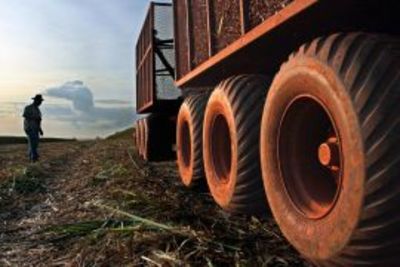
Banned from buying land outright, Chinese investors have changed their model to one in which deals are structured as infrastructure investments in exchange for crop offtake, rather than direct investment into farmland.

Investors from Nordic countries, despite in their countries of origin meeting the highest standards of respect for human rights, behave completely differently in Mozambique. Their practices feed a corrupt system and aggravate the already precarious living conditions of most rural communities.
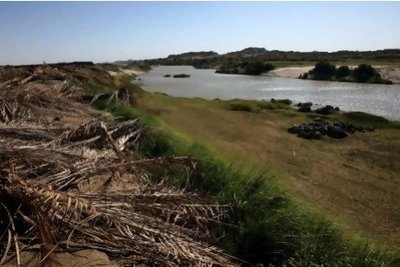
Sudan is urging the UAE to begin developing the vast expanses of farmland it has acquired in the country, as the north loses the majority of its oil revenues following the independence of South Sudan.
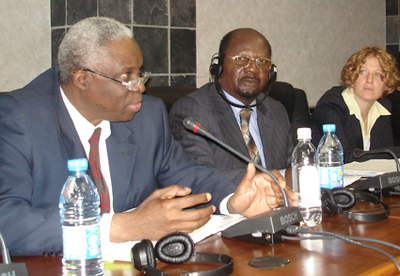
The Pan African Parliament (PAP) held a meeting of parliamentarians from across the continent last week to discuss an appropriate African response to resource grabs

The US-based Worldwatch Institute recommends three considerations to help guide global land transactions to promote mutual benefit.

"Although the World Bank is not happy with the absence of companies in the farmland market, we're insisting on our position, which remains unchanged," Deputy Head of the State Agency for Land Resources of Ukraine, Mykola Kaliuzhny, has said.
.jpg?1311677061)
Agriculture, Food Security and Cooperatives shadow minister Meshack Opurukwa has questioned a contract between the government of Tanzania and a US-based firm – Agrisol Energy – in which the latter is to acquire huge chunks of land in Rukwa region to produce food crops.
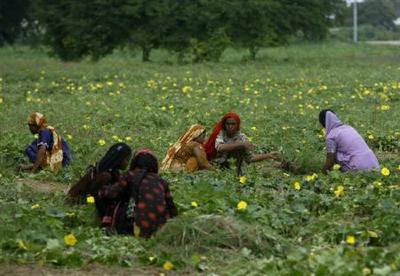
The Government of Pakistan should avoid providing land to the foreign investors and encourage the local small farmers for rapid poverty reduction and food security in the country.